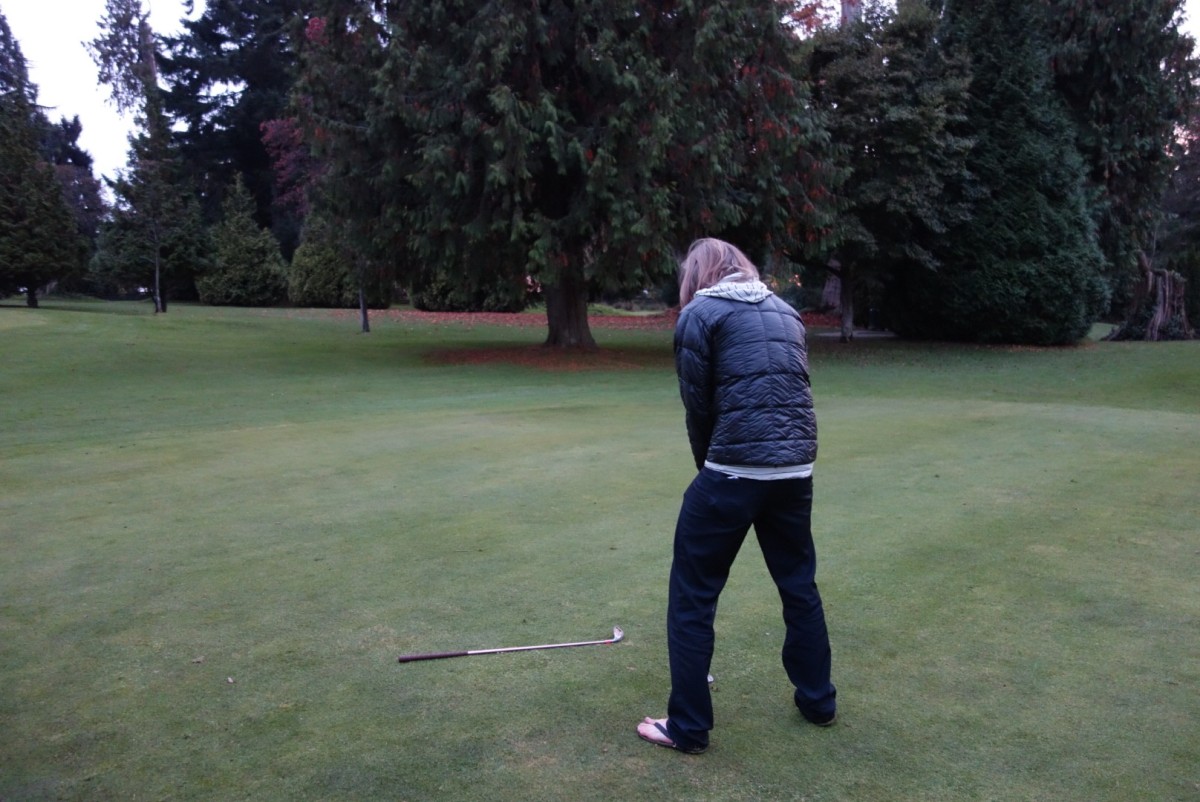A while back I had a friend named Andrew. The tie that bound us was our love for gambling, not as a thrill-seeking diversion, but as a practical application of statistics. We made money gambling together, exploiting any edge we could find, but we also gambled between the two of us.
I forget how it started, but eventually we got to the point where no assertion could be made without stakes being attached to it. Any sentence beginning with “I bet you anything…” was taken literally and was likely to result in a wager of some sort.
For example, if we were talking about going to a restaurant, and I said that it was probably closed, and he thought that it was open, he might ask me what odds I’d give him that it was open. If I was really sure, because I’d been there at that time the day before, I might offer him 3:1. If I was barely sure at all, I might offer him 1:1. Confidence in estimations determined the amount bet.
The interesting thing about this practice was that it made us both think very carefully about the accuracy of all of our statements. The most embarrassing thing ever was to say, “I bet you anything that I’ll be on time…” and then be unwilling to back up the assertion with a bet. Failing to bet was an admission that you’d just said something that you had no real confidence in.
Over time our frequency in betting decreased because we were both more thoughtful about hazarding guesses; there were immediate consequences to making hunches appear to be convictions.
Another interesting side-effect of all the bets was that we often discovered that we were arguing over different things. When we’d negotiate over the terms of the bet we’d find that our definitions of something “going well” or “working” were very different, and that we actually agreed completely on the odds of each event taking place.
Even if it’s a small amount of money, you should be willing to back up provable disagreements with cash. If you aren’t willing to put your money where your mouth is, maybe you shouldn’t be expressing such certainty. Pairing up with a friend and agreeing to set odds on all provable disagreements is a great way to increase your ability to estimate and check your biases. Building that skill also helps you make better decisions, because you learn to have confidence in your ability to weigh likelihoods of various outcomes.
###
Me playing Pitch and Putt in Stanley Park in Vancouver. Good thing I didn’t bet that I would win…

Leave a Reply